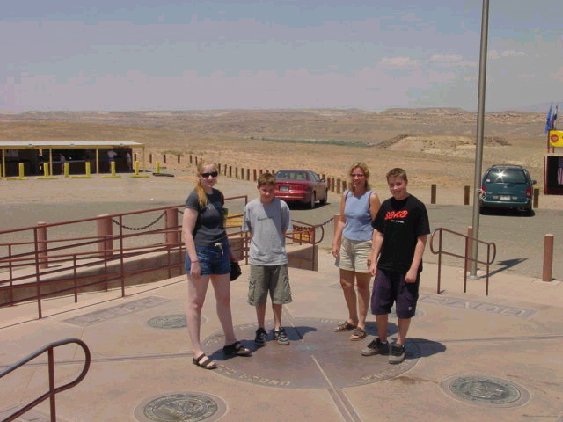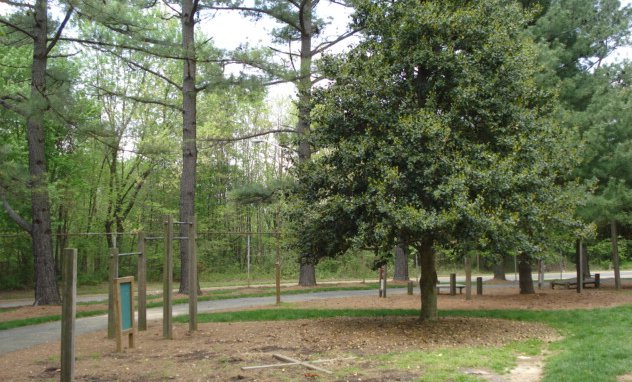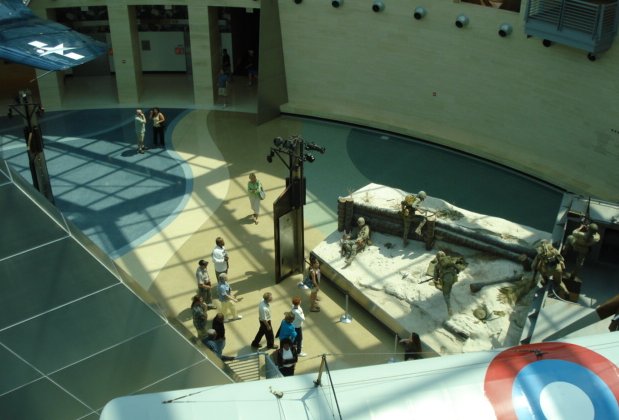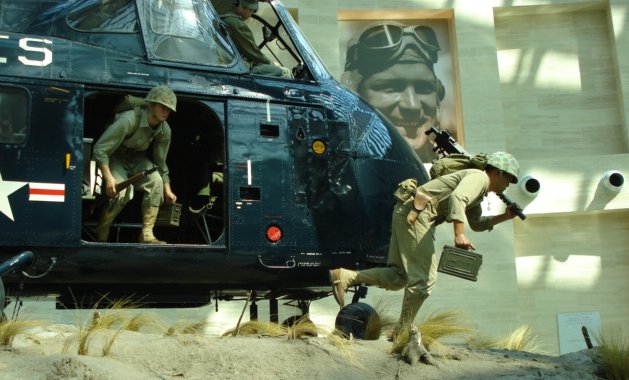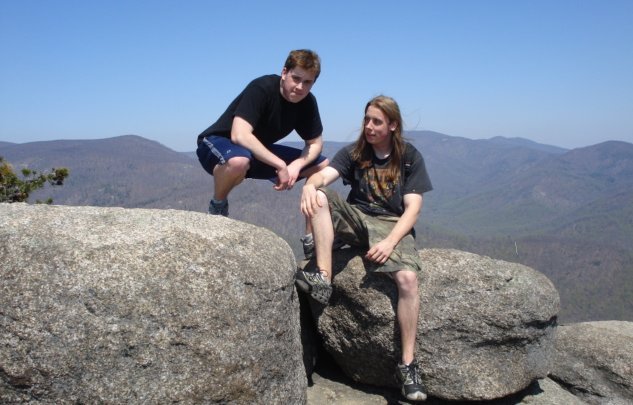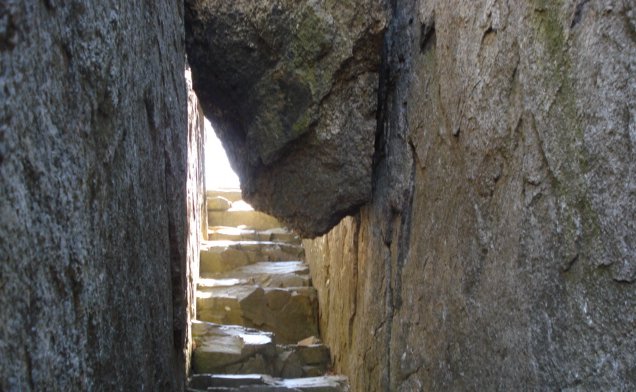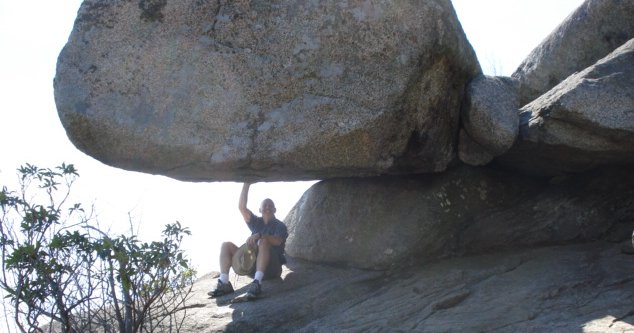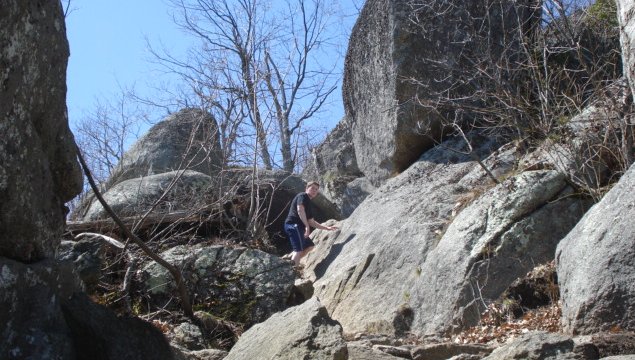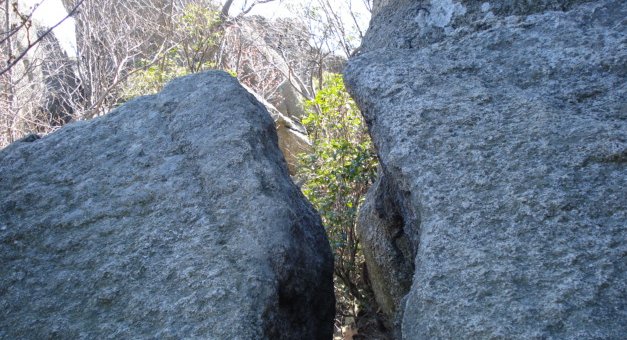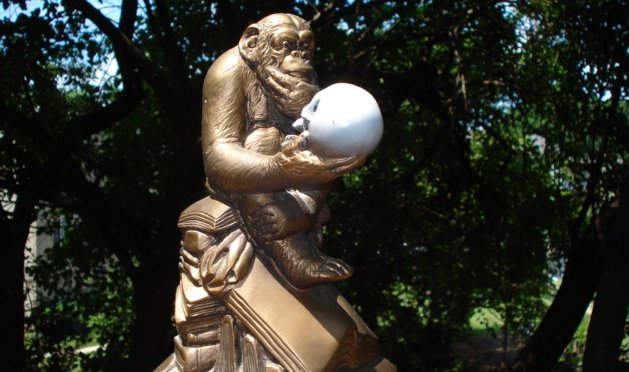
First ban all leaf blowers. I went running on a perfect summer morning in N. Virginia, with clear air, green plants and temperatures in the middle 70s. Into this arcadia intruded a landscape crew of fools with leaf blowers, no doubt paid for with my property tax dollars. A leaf blower is a small thing, but considering all the impacts and connections it is a metaphor for life’s more general conundrums.
With its inefficient small engine, the average leaf blower makes more pollution than a new SUV. If you are downwind, you can smell them almost as soon as you can hear them. Their noise pierces the peace of a leafy neighborhood. They are almost always operated by low-paid workers, often illegal aliens. Worst of all, they don’t really work. The distracted worker walks along the path carelessly spraying air to move leaves and clippings a few feet, while raising dust and disturbing the peace. If you come back a few hours later, you can see no evidence of their work. Not all wind is man-made by leaf blowers, after all, and nature redistributes the clippings in relation to prevailing daily wind patterns. The leaf blowers, in other words, are doing nothing – badly.
What would happen w/o leaf blowers? Eliminating the noise, fuel waste and pollution is good. Most of the work need not be done anyway, so there is not much loss. Landscape firms could hire fewer low paid workers. For those rare times where the leaf blowers do some good, there is nothing that a leaf blower can do that a broom or a rake cannot do better. It is not like John Henry racing the steam drill. A leaf blower is a labor saving, not a labor enhancing device. Burning a few extra calories through added physical effort wouldn’t hurt the operators. It is good all around.
How many “leaf blower scenarios” do we have in our society? Things that we could not only do without, but whose elimination would make us better off? Think of how you have to take a sweatshirt to theaters and grocery stores – in summer because of the excessive air conditioning. We can all think of many.
An active manager looks for things to add to his agenda every day. A wise leader looks for things on the agenda that can be consolidated or eliminated entirely. Unfortunately, our bias is to reward senseless activity, even when it is producing no results of even negative ones. We do not recognize that sometimes we are failing because of and not in spite of our best efforts. Usually a thoughtful response will do less but accomplish more.
I think the key to understanding what should be done is knowing where you want to be. It is too easy to identify a problem, propose an inappropriate solution and then blame others when it doesn’t work – what most politicians do most of the time. Some problems are not solvable and have to be endured. Some problems cannot be solved with the tools available. Some problems are not solvable at this time but may be easy to sort out as conditions develop. Most problems are not problems at all. They have to be neither endured nor solved and safely can be bypassed or ignored. They may go away by themselves if left alone or trouble us no more if we make minor adjustments. BTW, any problem you can easily afford to buy your way out of is not a problem; it is merely an expense and don’t spend a dollar fighting a nickel’s worth of trouble. It is useful to think about which are which and allocate time and resources accordingly.
If you think about where you want to be rather than how to solve each problem you encounter, you come up with better solutions… and you understand that inventions such as leaf blowers don’t really get you there.
My grandiose title may be just a little misleading, but the mind works faster when you are running and the leaf blowing fools stimulate perhaps more lesson than the experience has to teach.
PS – If you want to write to me but not have your response posted as a comment, just make a note at the top that it is just a private note. I see all the comments before posting.

